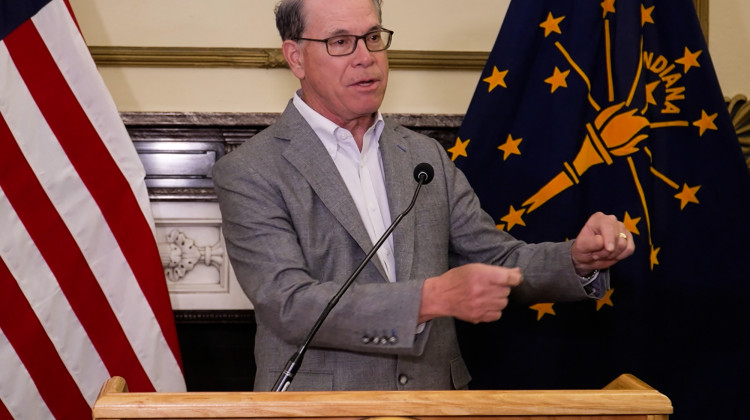Some economists are predicting an increase in work done remotely, even after the COVID-19 pandemic ends. They say the world of work will need to adjust to make those positions successful.
Amanda Weinstein predicts a quarter of American workers will take remote jobs in the coming years. She’s an associate professor of economics at the University of Akron. Speaking at a Ball State University event, she says for off-site jobs, tracking productivity isn’t as simple as working an eight-hour shift.
“Your company’s goal is not to maximize hours. Your company’s goal is to maximize profit. And if you can effectively measure someone’s productivity, then you have more trust with your manager, then you cannot stigmatize remote work as much.”
Read More: Ball State economist predicts lower economic growth in 2022, more remote workers
Weinstein says workers can track their own productivity, especially if their managers don’t do so. She says knowing how many clients you’ve helped or reports you’ve completed will come in handy for promotions or to look for better jobs.
A Ball State economist says “help wanted” advertisements for remote work grew from about 3 percent before the pandemic to about 15 percent this year.
Several locations in Indiana, including Muncie, are using monetary incentives to attract remote workers to relocate to Indiana. To be eligible, workers have to be employed - but their employer can be located anywhere.
 DONATE
DONATE









 Support WFYI. We can't do it without you.
Support WFYI. We can't do it without you.